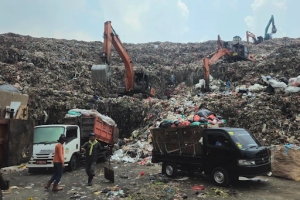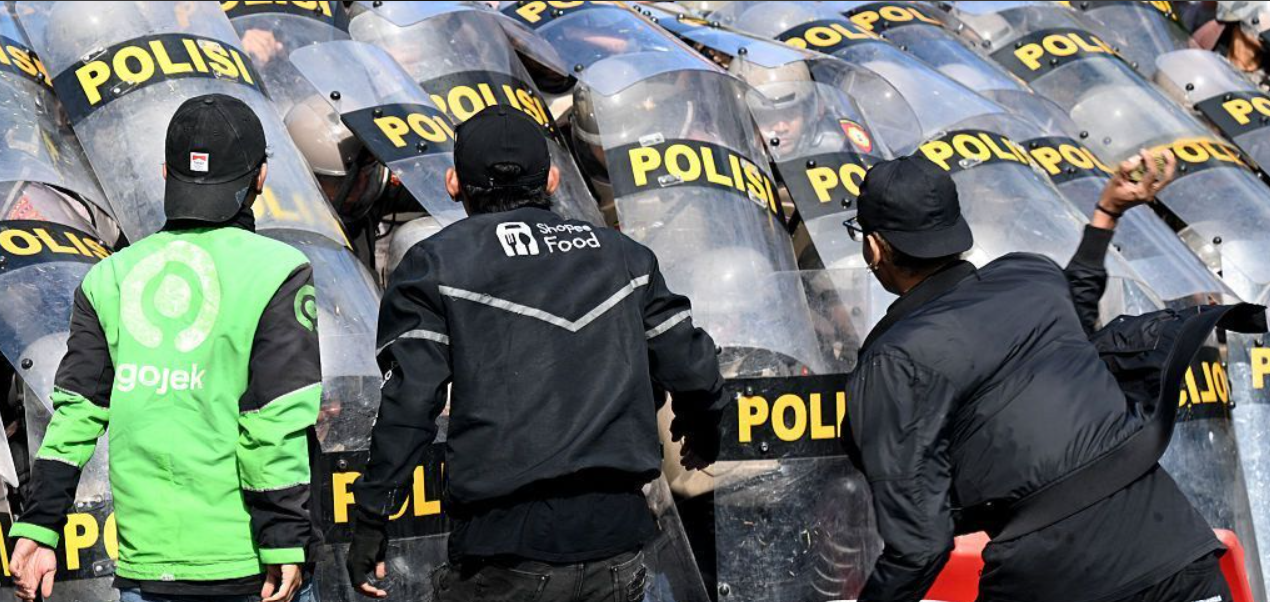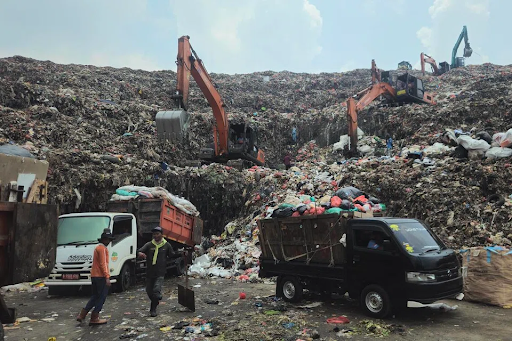Introduction
Bali is often described as paradise on earth, famed for its lush rice terraces, vibrant culture, and world-class beaches. Yet beneath the surface of this tropical haven, a complex web of environmental challenges threatens the island’s future. Pollution and flooding are two of the most pressing issues, impacting both locals and the millions of tourists who visit Bali every year. In this blog, we’ll explore the key questions people ask about Bali’s environmental situation, examine the causes and consequences, and discuss what’s being done, and what more can be done to protect this beloved island.
What Are the Environmental Issues in Bali?
Bali faces a range of environmental challenges, but the most visible are plastic pollution, water contamination, waste management, and seasonal flooding. These issues are interconnected, with each one exacerbating the others. The rapid growth in tourism, combined with population pressures and limited infrastructure, has pushed Bali’s natural systems to the brink.
Bali’s Battle with Plastic: How Pollution Is Impacting Paradise – and What’s Being Done
Plastic waste is perhaps the most visible sign of Bali’s environmental struggles. On many beaches, especially after heavy rains, plastic bottles, food wrappers, and bags wash ashore in shocking quantities. This isn’t just an eyesore; it poses a real threat to marine life, coral reefs, and the tourism industry itself.
Why is pollution so bad in Bali? The answer lies in a combination of factors: a lack of waste processing facilities, insufficient public education about recycling, and the sheer volume of single-use plastics consumed by both locals and tourists. Bali’s government has taken steps, such as banning single-use plastic bags and straws, but enforcement remains inconsistent.
Local initiatives are making a difference. Organizations like Bye Bye Plastic Bags, Sungai Watch, and Eco Bali Recycling are mobilizing communities, cleaning rivers, and educating the next generation. Many hotels and restaurants are adopting “zero waste” policies and encouraging guests to bring reusable bottles and bags.
Why Does So Much Plastic Wash Up in Bali?
Bali’s location in the Indonesian archipelago means it sits downstream from some of the world’s largest rivers, which carry plastic waste from across Southeast Asia out to the ocean. Seasonal monsoon rains flush plastic from inland areas into rivers and eventually onto the beaches. Bali’s own waste, combined with debris from neighboring islands and even other countries, ends up on the shoreline, especially during the rainy season.
The Hidden Costs of Tourism: Addressing Bali’s Waste and Pollution Crisis
Tourism is both a blessing and a curse for Bali. It brings economic growth and jobs, but it also puts immense pressure on the island’s resources. The influx of visitors leads to increased consumption of bottled water, packaged snacks, and disposable goods. Many tourist hotspots lack adequate waste management, leading to illegal dumping or burning of trash.
Water pollution is another major concern. With so many hotels, villas, and restaurants, untreated wastewater sometimes flows directly into rivers and the sea. This not only harms marine ecosystems but also poses health risks to swimmers and surfers.
Why Is Water Not Drinkable in Bali?
One question many visitors have is: Why can’t you drink the tap water in Bali? The answer is largely due to outdated or insufficient water treatment infrastructure. Groundwater sources are often contaminated by agricultural runoff, sewage, and industrial waste. As a result, locals and tourists rely heavily on bottled water, which, ironically, contributes further to the island’s plastic waste problem.
Flooding in Bali: Causes, Consequences, and Community Solutions
Does Bali have floods? Absolutely—seasonal flooding is a recurring problem, especially during the monsoon months (November to March). Intense rainfall, combined with deforestation and poorly planned urban development, leads to rivers overflowing and low-lying areas being inundated.
What are the environmental issues of flooding? Floods can cause landslides, damage homes, disrupt transportation, and contaminate water supplies. They also wash large amounts of trash from inland areas into rivers and the ocean, compounding the pollution problem.
After the floods, recovery is a community effort. Locals band together to clean up debris, repair infrastructure, and support families affected by the disaster. NGOs and volunteer groups often lead cleanup drives and provide emergency assistance.
What Natural Disasters Does Bali Have?
In addition to floods, Bali is vulnerable to earthquakes, volcanic eruptions (notably from Mount Agung), and, on rare occasions, tsunamis. These natural disasters can have devastating effects on communities and ecosystems, making disaster preparedness and environmental management even more critical.
What Is the Main Cause of Pollution in Indonesia?
Indonesia, as a whole, struggles with pollution due to rapid industrialization, urbanization, and a lack of effective waste management systems. Open burning of trash, industrial emissions, and agricultural runoff all contribute to air, water, and soil pollution. In Bali, the primary culprits are plastic waste, untreated sewage, and unsustainable tourism practices.
How Local Initiatives Are Tackling Bali’s Pollution Problem
Despite the scale of the problem, there is hope. Grassroots movements are leading the charge for a cleaner, greener Bali. Community-based river cleanups, beach patrols, and educational campaigns are inspiring real change. Some villages have introduced waste separation programs, while others are experimenting with composting and organic farming to reduce chemical runoff.
Eco-conscious businesses are also part of the solution, offering incentives for guests to use less plastic and supporting local conservation projects. Social media campaigns are raising awareness and encouraging both locals and tourists to take responsibility for their waste.
After the Floods: How Bali Is Recovering and What Tourists Should Know
Tourists can play a positive role in Bali’s recovery and ongoing environmental efforts. Supporting eco-friendly businesses, participating in cleanup events, and following local guidelines for waste disposal are all ways visitors can help. Being mindful of water usage and choosing accommodations with sustainable practices also make a difference.

What Can You Do as a Tourist to Help Keep Bali Clean?
- Bring reusable water bottles and bags.
- Say no to single-use plastics.
- Support businesses with green policies.
- Participate in or donate to local cleanup efforts.
- Dispose of waste responsibly—never litter, even in rural areas.
Solutions: What Can Be Done—By People and Government
For People:
- Community action: Organize or join local cleanups, educate friends and family, and support local recycling initiatives.
- Personal choices: Reduce plastic use, compost organic waste, and conserve water.
- Support eco-businesses: Choose hotels, restaurants, and tour operators that prioritize sustainability.
For Government:
- Improve infrastructure: Invest in modern waste management, recycling, and water treatment facilities.
- Enforce regulations: Crack down on illegal dumping and open burning.
- Promote education: Launch public campaigns on recycling and pollution prevention.
- Support local initiatives: Partner with NGOs and community groups for greater impact.
Conclusion
Bali’s environmental issues are complex, but with community spirit, responsible tourism, and stronger government action, there’s hope for a cleaner, healthier future. By working together, we can help ensure Bali remains a paradise for generations to come.














